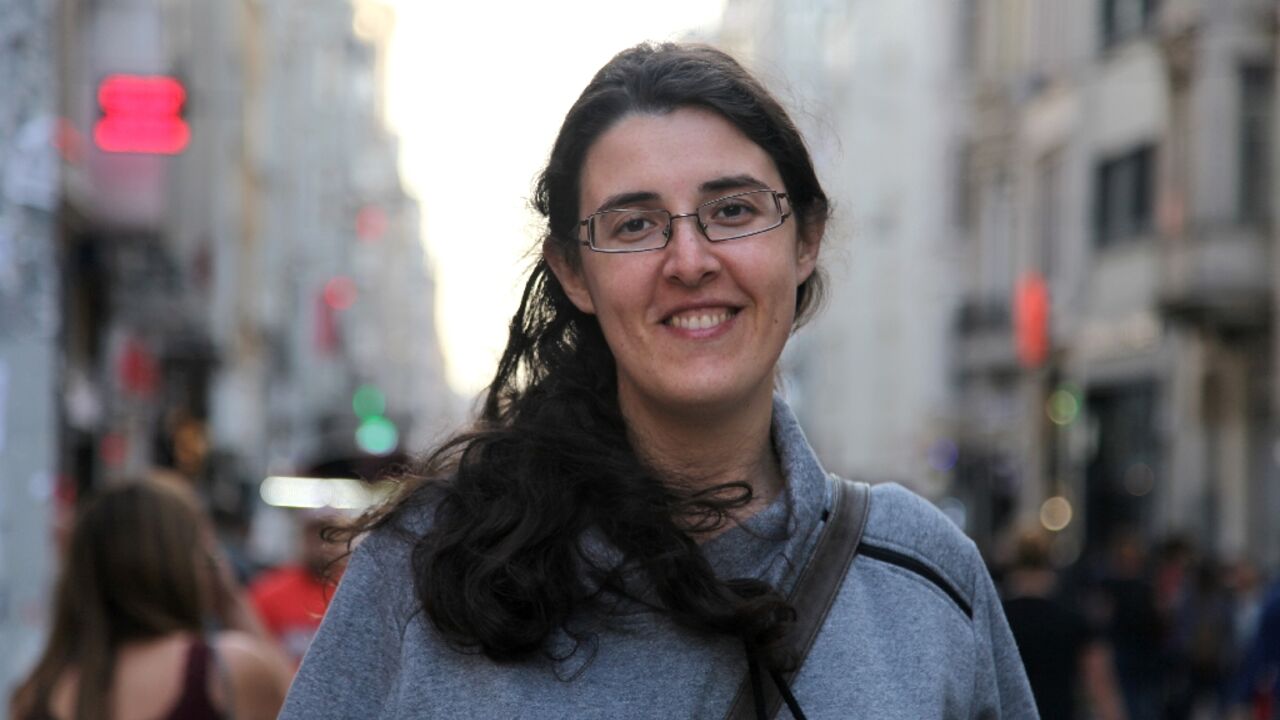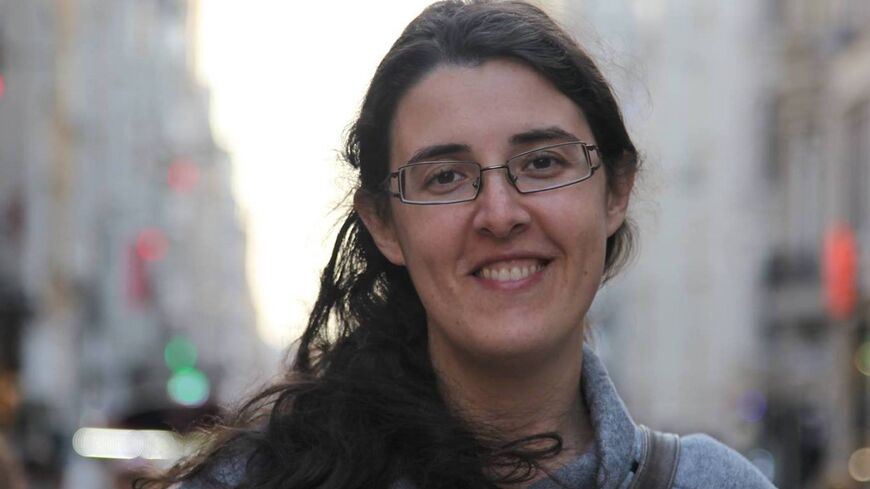Iraq opens probe into Israeli academic kidnapping: spokesman

Iraq has opened an investigation into the suspected kidnapping of an Israeli-Russian academic after her disappearance in Baghdad, a government spokesman said.
Elizabeth Tsurkov, a doctoral student at Princeton University and fellow at the New Lines Institute for Strategy and Policy, has been missing in Iraq for more than three months.
The office of Israeli Prime Minister Benjamin Netanyahu on Wednesday accused Iraq's Kataeb Hezbollah of holding her, but the pro-Iran armed faction has implied it was not involved in her disappearance.
Kataeb Hezbollah is part of the Hashed al-Shaabi force, former paramilitaries that were integrated into Iraqi security forces in recent years.
Asked about her disappearance on television late Thursday, government spokesman Bassem al-Awadi said "the Iraqi government is indeed conducting an official investigation".
"Given the level of the case, its intricacies, there will be no official statement regarding this matter until the Iraqi government completes its official investigation and reaches conclusions," he said.
"After that, there will be statements or announcements on official stances," he told Al-Ahd station, which is close to Hashed al-Shaabi.
Tsurkov had arrived in Baghdad "at the beginning of December 2022", a Western diplomat in Iraq said on Wednesday on condition of anonymity.
The academic has not been active on Twitter, where she has almost 80,000 followers and describes herself as "passionate about human rights", since March 21.
An Iraqi intelligence source said Tsurkov was kidnapped in Baghdad "at the beginning of Ramadan", the Muslim fasting month which this year commenced on March 23.
On Wednesday, Netanyahu's office said Tsurkov "is still alive and we hold Iraq responsible for her safety and well-being".
She had travelled to Iraq "on her Russian passport at her own initiative pursuant to work on her doctorate and academic research on behalf of Princeton University in the US", it added.
On her personal website, Tsurkov said she wanted to "understand and convey" the views and experiences of people in the Middle East and "highlight abuses by powerful actors... in the region".
In a statement on Thursday evening, Kataeb Hezbollah said it was doing everything it could to uncover the fate of "Zionist hostage or hostages" in the country.







